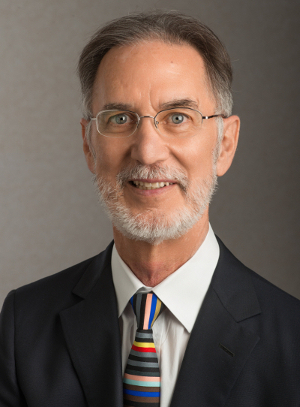
Ask Dr. Thomas L. Rothstein about his passion for medical research and discovery, and the answer he gives is simple, to the point.
“I just like to find out how things work,” says Dr. Rothstein, WMed’s assistant dean for Investigative Medicine and director of the Center for Immunobiology.
In his lab at the medical school’s W.E. Upjohn M.D. Campus, Dr. Rothstein and his team are engrossed in research aimed primarily at learning more about B cells and the antibodies that B cells produce.
Now, that important work has been bolstered by a $415,000 National Institutes of Health grant that was awarded in July to Dr. Rothstein and his team at WMed. The grant, which includes $275,000 for direct costs, will fund the two-year study, “Reprogramming BCR Signaling.”
The study, Dr. Rothstein said, will examine and seek to determine the molecular changes that account for the alternate pathway for antigen receptor (BCR) signaling in B cells that occurs following IL-4 receptor treatment.
Dr. Rothstein said the study follows a line of investigation he and his team have conducted for a number of years centered around the exploration of the signaling that leads to the activation of B cells and triggers the production of antibodies.
Through that previous work, Dr. Rothstein’s lab has shown that prior exposure to IL-4 alters the nature of BCR signaling in normal and malignant B cells and creates an alternate pathway for BCR signaling that is unique in being completely signalosome-independent. In a project summary he submitted to the NIH as part of his proposal for the new grant, he said his study “aims to identify the fundamental biochemical changes that are produced by IL-4 to establish the alternate pathway.”
Dr. Rothstein said that gaining a greater understanding of the mechanisms by which IL-4 prompts alternate-pathway signaling in normal B cells may impact understanding how IL-4 facilitates the expansion of chronic lymphocytic leukemia (CLL) cells.
“Which, if we understood that, we could try to block it,” Dr. Rothstein said. “If successful in the lab, such blockade might then represent a new candidate for CLL therapy.”
In the project summary he submitted to the NIH, Dr. Rothstein said the “high reward” of his study “is a much deeper understanding of how B cells, including malignant B cells, actually become activated in the milieau of cytokines that are experienced physiologically and pathologically in vivo.”
